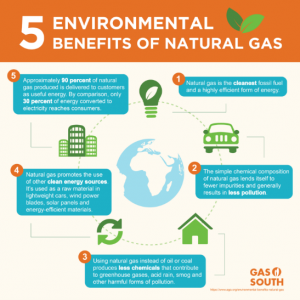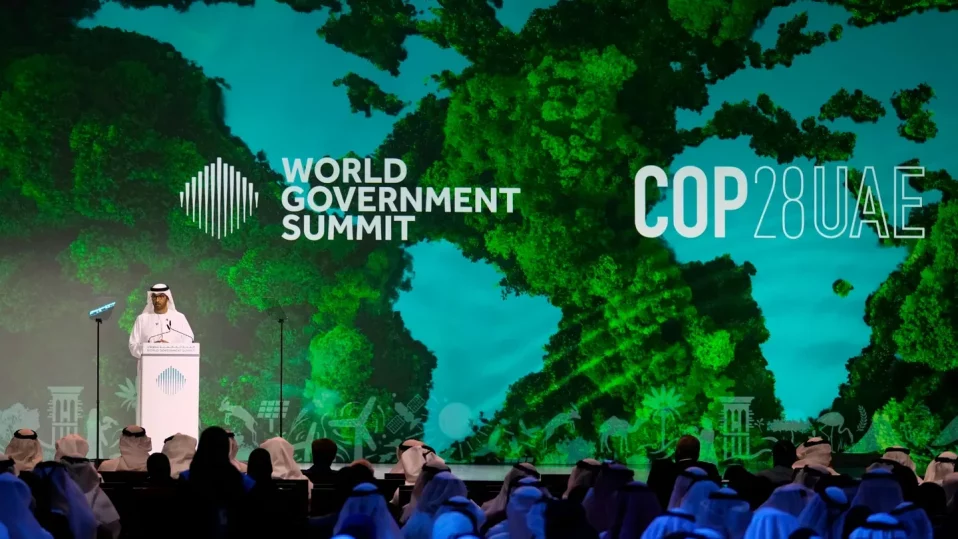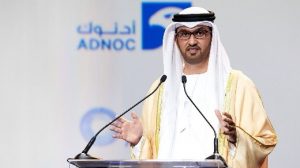COPChocolate Teapot

Late last year, the COP28 conference was held from the 30th November to 12th December in Dubai, United Arab Emirates. History was literally and figuratively written by officially including fossil fuels in the agreement having never before been considered a possibility in the previous 30 years of COP agreements. COP President 2024, Al Jaber confidently stated the inclusion of fossil fuel emission reduction was down to a very simple demand “science telling us what needs to be done”, however looking closely at the wording of the document it suggests what has been included in the agreement may not really be as much as is made out. The official agreement is to “transition away” from fossil fuels whereas what “science” actually requires is for greenhouse emissions to peak now and for a drastic cut back on burning fossil fuels to take place immediately, not quite the slow transition anticipated in COP28. Although, it is important to note that realistically the “transition away” is more financially feasible with countries such as India and China still heavily invested in the Oil industry and Natural Gas being offered up as a token fossil fuel, the question remains if this is enough, soon enough.

‘Oil Boss’ as Climate Summit President
In controversial news, this years COP President title was handed to Sultan Ahmed Al Jaber, the CEO of the Abu Dhabi National Oil Company (ADNOC). Documents prepared ahead of the conference containing planned talking points to negotiate with each country were leaked and showed potential evidence suggesting an ulterior motive. Talks concerning business deals with other countries involved in the oil industry such as Brazil, Venezuela and China have raised alarm bells amongst concerned environmentalist groups. Our main question being raised: can we trust that the leader of the most important conference concerning the future of humanity took his post as president with genuine intentions? Not just a scheme to sustain his industry in the most economical way while masking the operation with the intention of the environments best interests at heart? As with all “leaked” documents and recordings (released audio recorded conversations also circulating news channels), it is important to be aware of the possibility of editing and a certain level of fabrication before making accusations, although such an eventuality isn’t only an issue of moral code but the undeniable danger the environment will continue to waver towards if other world leaders continue to show dishonest interest in making essential changes.
Sources: DW News and Democracy Now


